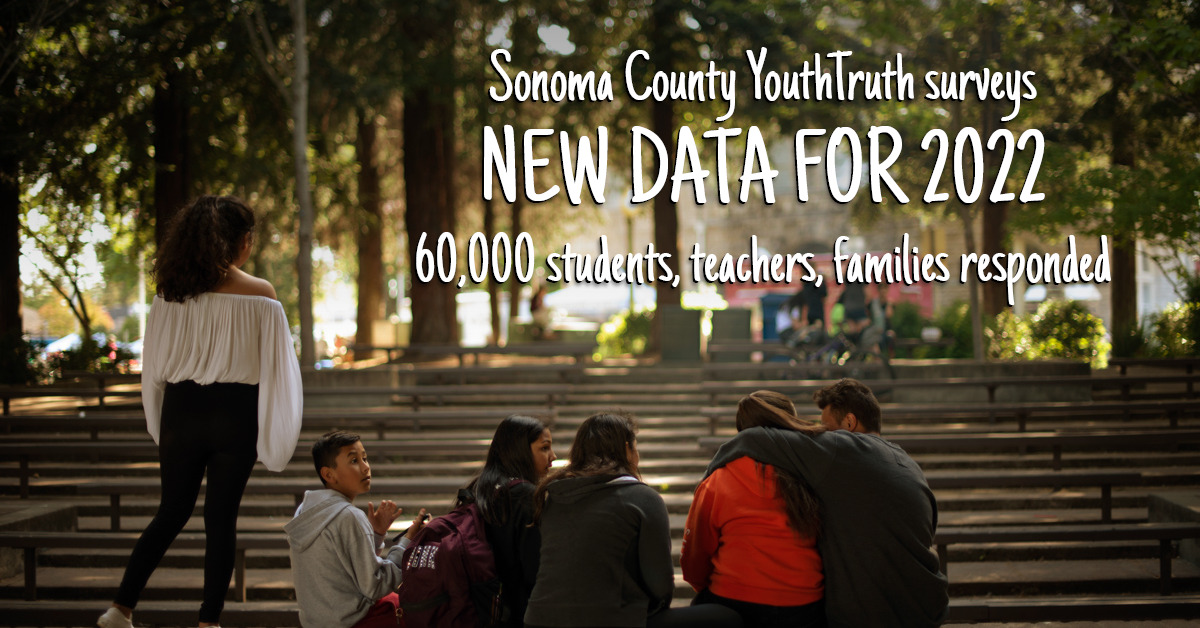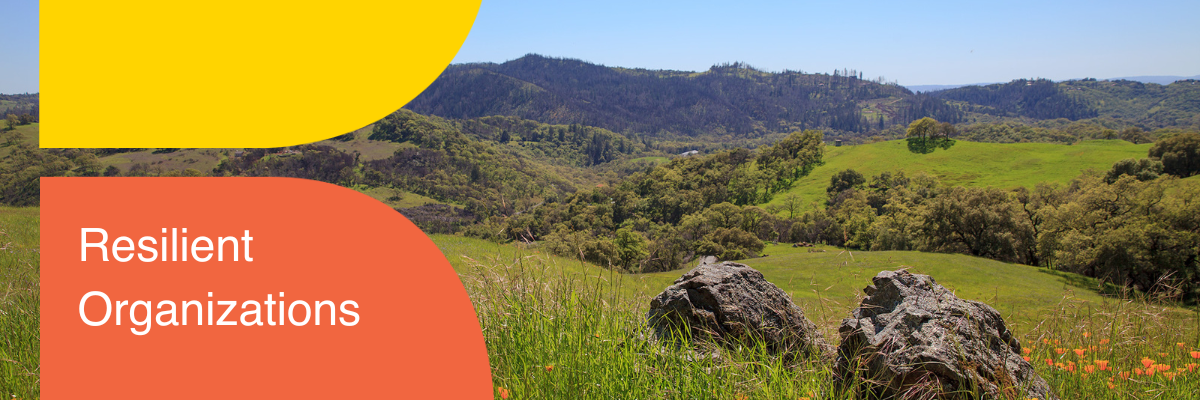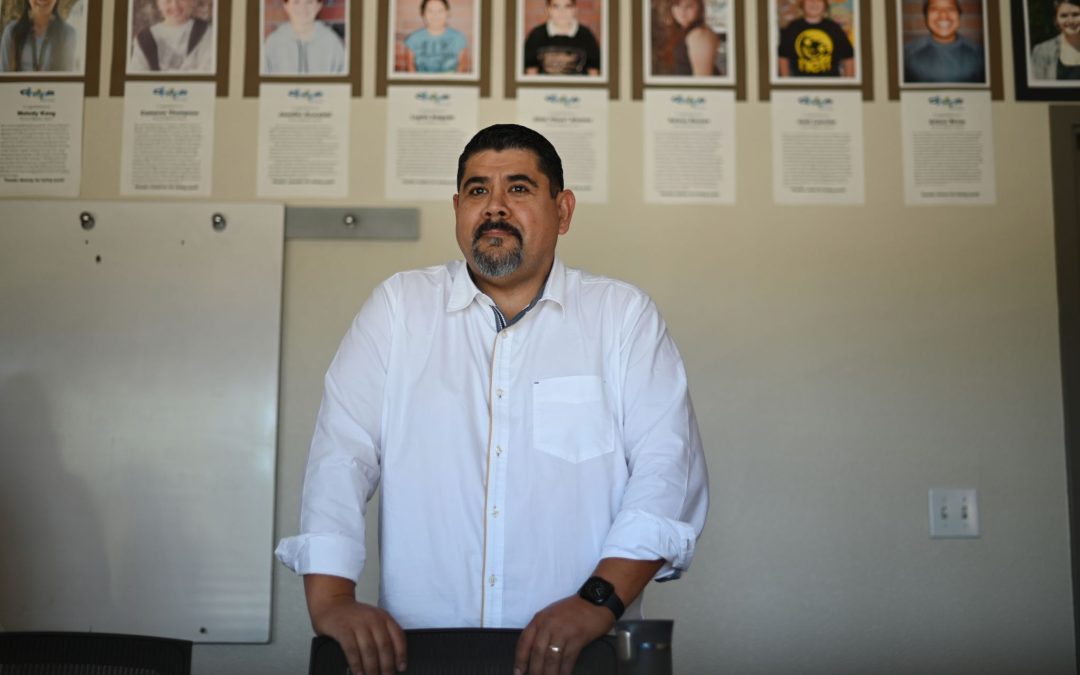Sonoma County educational leaders and partners in the nonprofit world are digging into an unprecedented amount of feedback on how our schools are meeting the needs of students, staff, and parents and guardians.
As part of a monthlong survey campaign that wrapped up in late January, more than 60,000 people completed surveys created with nonprofit YouthTruth to assess sentiment in areas including engagement, relationships, culture, belonging, college and career readiness and mental health.
“The best way to serve our students, staff, and parents and guardians is to ask them what they need, then support them, and provide them the resources necessary to be successful,” said Dr. Steven D. Herrington, Sonoma County superintendent of schools. “That’s why the Sonoma County Office of Education and our partners have made a long-term commitment to assess how we can best support our school communities.”
The surveys were distributed among 130 school sites across Sonoma County as part of a newly expanded, three-year commitment to support schools using YouthTruth, which began its work with local schools in 2017. The expanded effort is a partnership including the Sonoma County Office of Education, Community Foundation Sonoma County and the Career Technical Education Foundation of Sonoma County.
Although each individual school site’s data is proprietary and shared at that site’s discretion, the overall aggregate data is public and is viewable at sonomacf.org/youthtruth. The data can be filtered by factors including grade level, gender identity, race or ethnicity, and English learner status.
Some of the surveys’ key findings include:
- On the subject of college and career readiness among high school students, the question that drew the lowest ratings was, “My school has helped me figure out which careers match my interests and abilities.”
- “How many of your teachers make an effort to understand what your life is like outside of school?” was one of the lowest-rated questions for secondary (middle and high school) students.
- About 88% of elementary school families said that teachers and students at their child’s school care about each other, above the national average.
- Students, staff and families said that school communities are respectful of people’s sexual orientations at a higher rate than the national average, though areas including family income, race/ethnicity and students’ abilities placed in the second quartile.
- Sonoma County students, staff and families said COVID-19 has affected them at a generally higher rate than the national average, with elementary and high school staff, in particular, landing in the top quartile.
Now that each school site has had a chance to explore its own data, educational leaders are working to identify how best to meet the needs expressed by their students, staff, and parent/guardian communities.
Nine school cohorts, ranging in size from the Santa Rosa City Schools secondary district to Archbishop Hanna High School in Sonoma, will be paired with specific community partners as they seek to address a key issue raised by one of their constituencies.
Santa Rosa City Schools plans to target its efforts toward middle and high school-aged English language learners, specifically revolving around the question, “The work that I do for my classes makes me really think.”
At Windsor High School, leaders will focus on 10th grade students and the question, “My school has helped me figure out which careers match my interests and abilities.”
Each of the nine cohorts will present its discussions and next steps reached with partner agencies during a presentation June 6 at the Sonoma County Office of Education.
Officials with the Sonoma County nonprofits leading this effort were enthusiastic about the work that’s being done and said they were ready to help.
“Sometimes when we think about data that comes from the schools, we expect the schools to fix it,” said Karin Demarest, vice president for community impact with Community Foundation Sonoma County, one of the lead funders in the project. “But this is a time when we know the entire community needs to step forward. … It’s not just that our schools need to do a better job. We as a community need to do better.”
The Career Technical Education Foundation of Sonoma County gauged high school students’ sentiments about their career readiness, including a specific question about the value of workplace learning programs.
“It’s really apparent that students who have had some workplace learning, they are more connected and feel more engaged,” said Kathy Goodacre, the nonprofit’s CEO. “Engagement, overall, is what keeps kids in school, period.”
Goodacre said her nonprofit has already started brainstorming with the cohort groups to try to gauge what community partners would help achieve their objectives.











